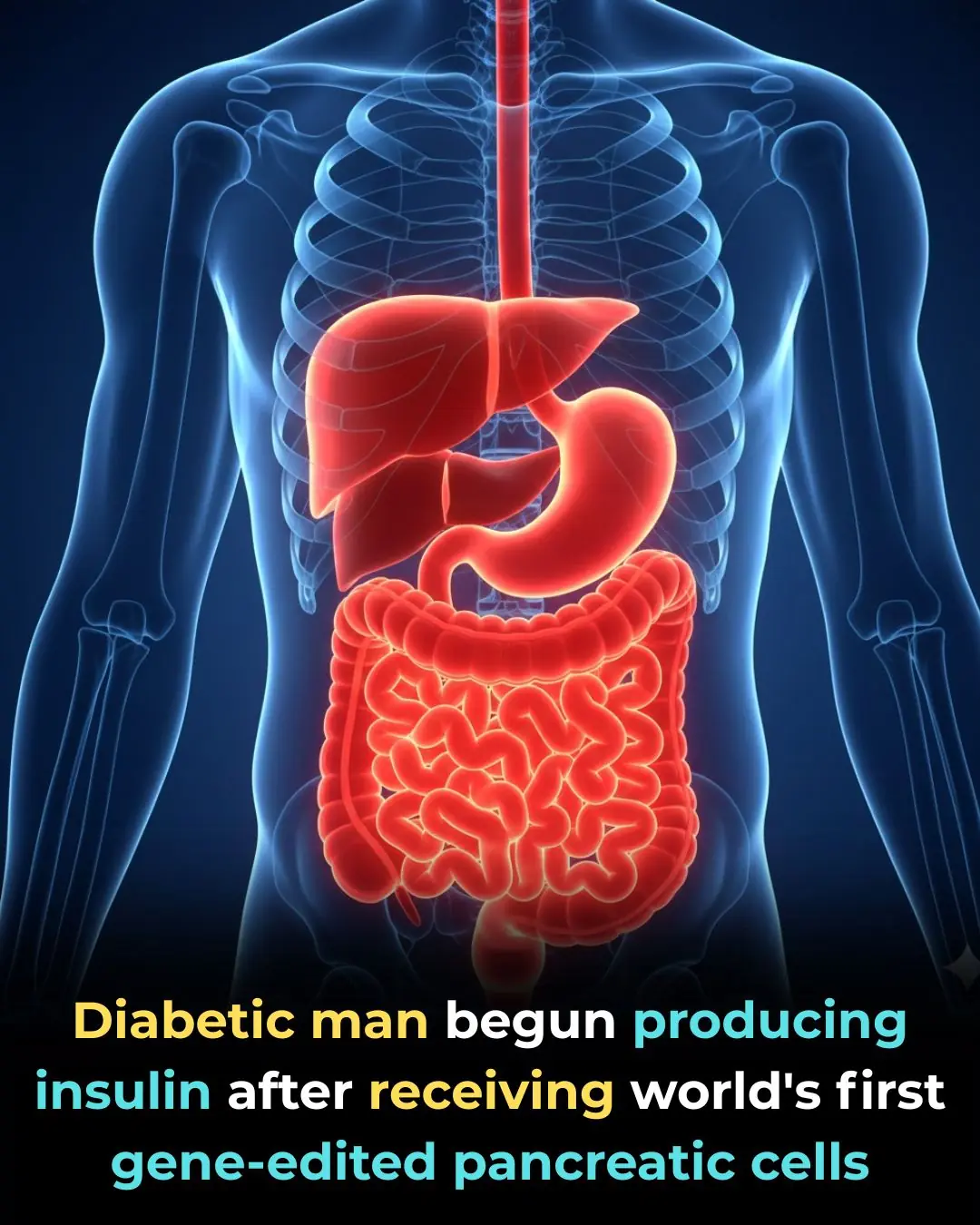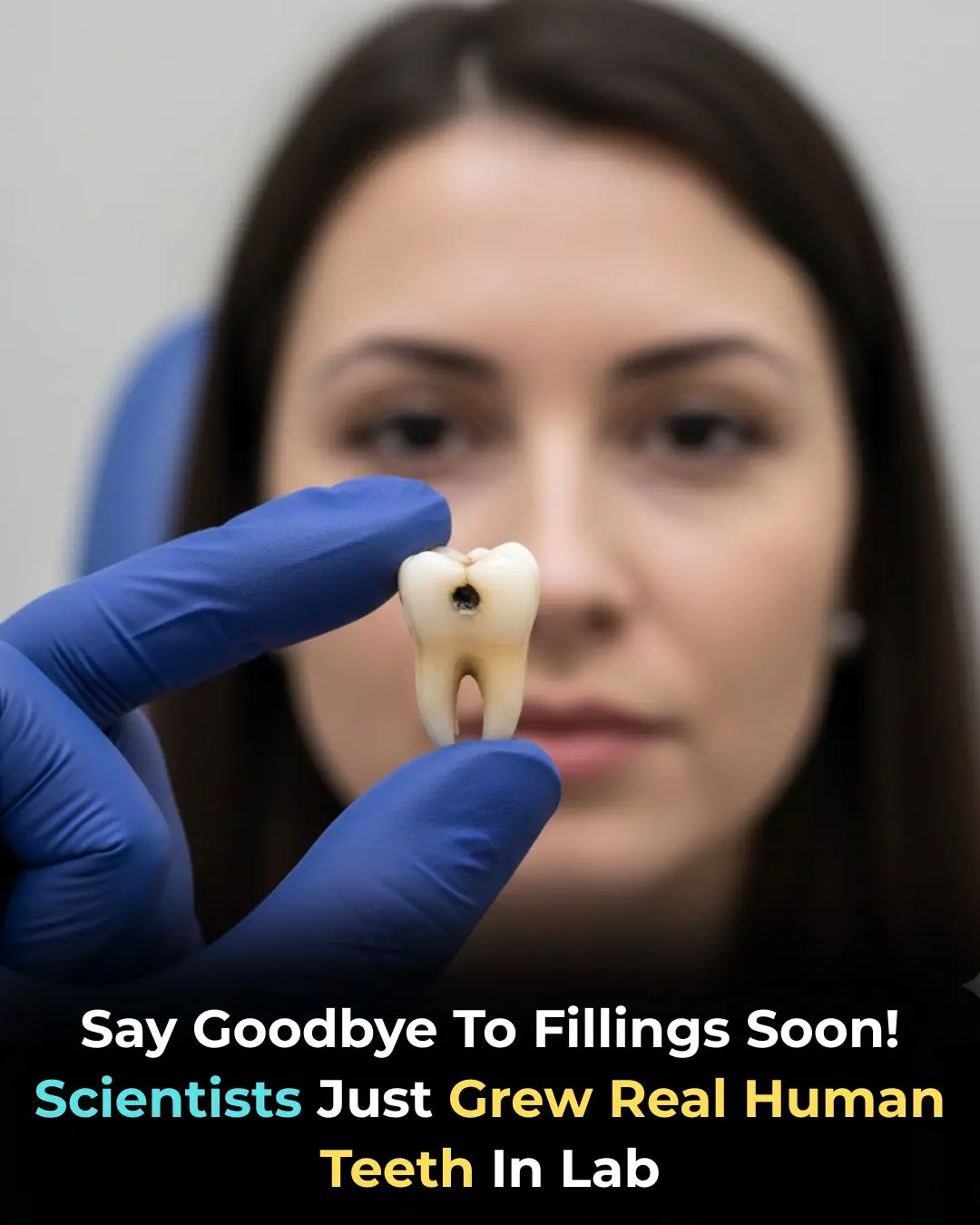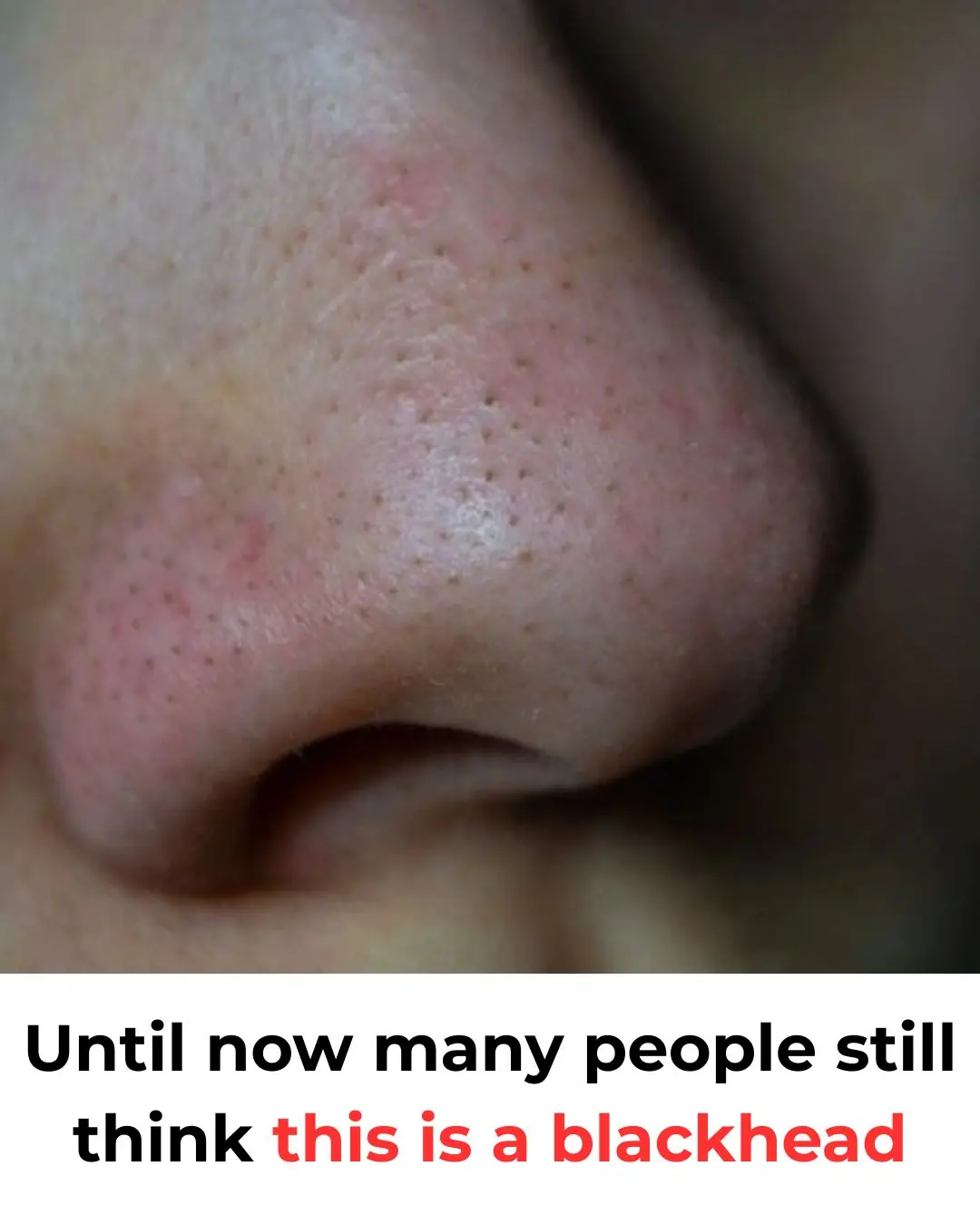
Deadly Mistakes to Avoid When Showering With Hot Water in Winter
When winter arrives, many people see a hot shower as the most relaxing moment of the day. However, doctors at Maharaj Nakhon Ratchasima Hospital (Thailand) warn that this habit can be dangerous if done incorrectly.
According to Khaosod (Thailand), Dr. Jed Bunyawongsaweelach, Deputy Director of the hospital and Director of Primary Care, explained that while many believe warm showers are completely safe, the truth is that “the way you shower directly affects your heart.” In cold weather, blood vessels constrict more strongly, and the heart reacts more sensitively to sudden temperature changes. Even small mistakes can cause rapid heartbeat, a spike in blood pressure, dizziness, or even fainting.
Dr. Jed highlights five dangerous habits that everyone should avoid:
1. Using extremely hot water immediately
When your cold body suddenly touches very hot water, blood vessels expand too quickly, forcing the heart to work harder to stabilize temperature. This can cause dizziness or loss of balance.
Best tip: Start with warm water, then gradually increase the heat.
2. Showering right after intense exercise
After working out, your heart rate is already high. Hot water will dilate your blood vessels further, putting even more stress on your heart. This may trigger palpitations or lightheadedness.
Best tip: Rest 15–20 minutes after exercising before showering.
3. Showering on an empty stomach
When you’re hungry, blood sugar is low, and less blood flows to the brain. Hot water dilates blood vessels, and if your heart cannot keep up, dizziness or fainting can occur.
Best tip: Eat a small snack—like a few bites of whole-grain bread—before showering.
4. Staying in a hot shower for too long
Spending more than 15–20 minutes in hot water keeps your blood vessels expanded for too long, making the heart pump harder. This can cause fatigue, palpitations, and reduced blood flow to the brain.
Best tip: Limit hot showers to 10–15 minutes.
5. Showering immediately after waking up
Right after waking, blood pressure is low and heart activity is slow. Exposure to warm water too quickly can shock the system, raising the risk of irregular heartbeat, dizziness, or falls.
Best tip: Sit up slowly, move around gently, and wait 5–10 minutes before showering.
Dr. Jed emphasizes that in cold weather, the heart and circulatory system react strongly to temperature changes. Adjusting your shower habits—avoiding overly hot water, not showering when hungry or after intense activity, and limiting shower time—can significantly reduce risks such as dizziness, palpitations, and cardiovascular complications. Those with high blood pressure or heart disease should be even more cautious.
News in the same category


Scientists Grow Fully Functional Human Teeth in the Lab — A Breakthrough That Could Transform Dentistry Forever

The Brain Actively Erases Short-Term Memories to Boost Efficiency

Betelgeuse Nears Its Final Stage: A Supernova That Could Be Visible in Daylight

2 Pork Parts That Contain a High Amount of Risky Cells — Stop Eating Them Before It’s Too Late

3 types of vegetables you shouldn’t eat raw — no matter how tasty or nutritious — because they can silently damage the liver

More and more people are developing kidney failure, and doctors warn that four common drinks are the “silent culprits.” It’s time to cut back.

I Had No Clue About This! Such an Interesting Trick My Nana Swore By

My Nana Swears by This! Just 1 Thin Slice a Week — Your Orchids Will Explode with Growth

The Keyless Car Trend Everyone’s Talking About

Nana’s Timeless Trick for Bringing Jewelry Back to Life

Stem Cell Therapy Restores Insulin Production in Type 1 Diabetes Patients

China Launches Hanyuan‑1: World’s First Commercial Atomic Quantum Computer

Keratin From Human Hair Could Revolutionize Tooth Enamel Repair

Amazon Lakes Heat to Dangerous Levels, Triggering Mass Wildlife Deaths

Nurse Promises Not to Laugh at This Man’s Problem

What Your “Odd Animal Out” Choice Says About You

As he nears 100, Dick Van Dyke, 99, makes a touching confession about his life

Local Washington State Park Changes Name Meaning To Honor Rosa Franklin, The States First Black Woman Senator
News Post

Why Those Tiny Dots on Your Nose Are Completely Normal

Groundbreaking Gene-Edited Cell Therapy Shows Promise for Type 1 Diabetes Cure

Scientists Grow Fully Functional Human Teeth in the Lab — A Breakthrough That Could Transform Dentistry Forever

The Surprising Healing Power of Onion Milk

What Is a Microwave Ring Cover? Why This Small Part Matters More Than You Think (SEO-Friendly Guide)

The Netherlands Builds a 600-Meter Floating System to Clean Ocean Plastic: A Breakthrough for Global Marine Protection

✅ International Medical Recommendations for Treating Snakebites

🌟 Belgium’s 15-Year-Old Prodigy Earns a PhD in Quantum Physics — A Remarkable Journey of Genius and Innovation 🌟

The Brain Actively Erases Short-Term Memories to Boost Efficiency

Betelgeuse Nears Its Final Stage: A Supernova That Could Be Visible in Daylight

2 Pork Parts That Contain a High Amount of Risky Cells — Stop Eating Them Before It’s Too Late

3 types of vegetables you shouldn’t eat raw — no matter how tasty or nutritious — because they can silently damage the liver

More and more people are developing kidney failure, and doctors warn that four common drinks are the “silent culprits.” It’s time to cut back.

I Had No Clue About This! Such an Interesting Trick My Nana Swore By

My Nana Swears by This! Just 1 Thin Slice a Week — Your Orchids Will Explode with Growth

The Keyless Car Trend Everyone’s Talking About

Nana’s Timeless Trick for Bringing Jewelry Back to Life

Stem Cell Therapy Restores Insulin Production in Type 1 Diabetes Patients
